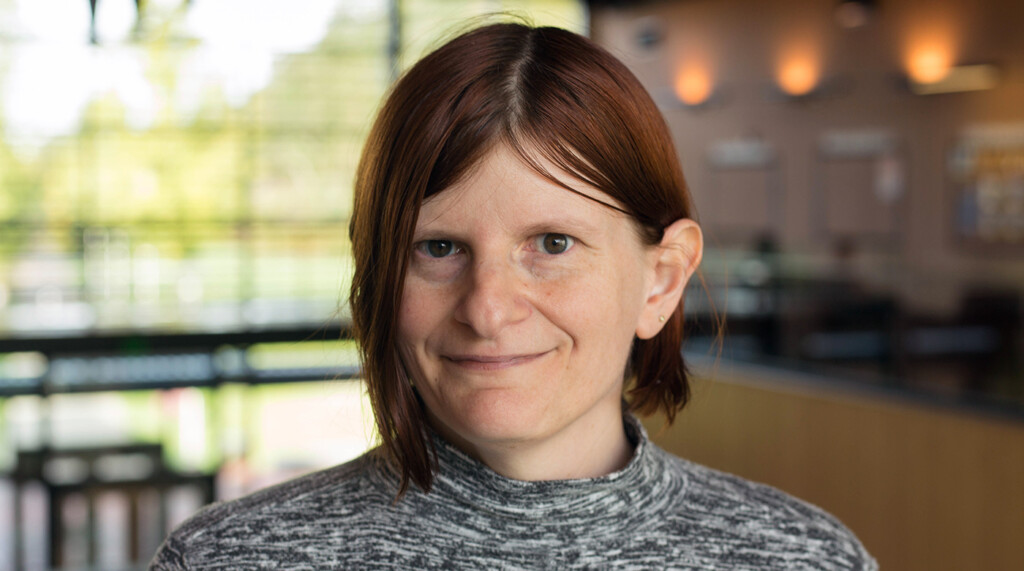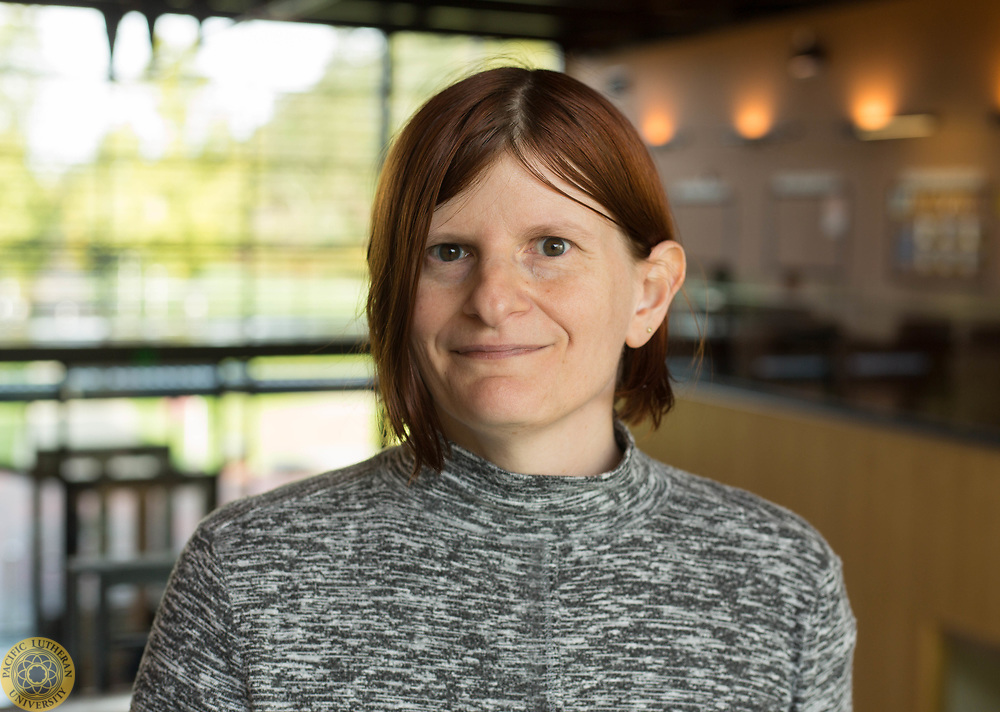Page 10 • (734 results in 0.028 seconds)
-
Clean Energy Bridge to Research (CEBR) is a summer program run by the University of Washington (UW) Clean Energy Institute (CEI) and Undergraduate Research Program, and funded by the National Science Foundation (NSF CHE-1950904). The CEBR Research Experience for Undergraduates (REU) program supports a select group of undergraduates, community…
students gain research experience in nationally recognized labs, prepare for graduate school, network with peers and research professionals, receive mentoring from top faculty, create potentially publishable work, receive a competitive stipend and restitution for travel and housing, and may be eligible to receive academic credit and attend professional conferences. Research projects within CEBR labs cover a broad range of disciplines, including chemistry, physics, materials science & engineering, and
-
Clean Energy Bridge to Research (CEBR) is a summer program run by the University of Washington (UW) Clean Energy Institute (CEI) and Undergraduate Research Program, and funded by the National Science Foundation (NSF CHE-1950904). The CEBR Research Experience for Undergraduates (REU) program supports a select group of undergraduates, community…
students gain research experience in nationally recognized labs, prepare for graduate school, network with peers and research professionals, receive mentoring from top faculty, create potentially publishable work, receive a competitive stipend and restitution for travel and housing, and may be eligible to receive academic credit and attend professional conferences. Research projects within CEBR labs cover a broad range of disciplines, including chemistry, physics, materials science & engineering, and
-
May 3rd Join the Mathematics Department to hear the senior capstone presentations. Student presentations will take place Friday. Talks are scheduled in Morken 214 and 216.
2019 Mathematics Capstone SymposiumMay 3rd Join the Mathematics Department to hear the senior capstone presentations. Student presentations will take place Friday. Talks are scheduled in Morken 214 and 216. Room 2142:00pm – Incan Strip Patterns: An Ethnomathematical Exploration Eunissa Satterwhite We explore the ethnomathematics of strip patterns found in Incan cultures. We look at and analyze the strip pattern to see if we can expand what see into the mathematical language of symmetry and
-
The American Association of Physicists in Medicine (AAPM) Summer Undergraduate Fellowship Program is a 10 week summer program designed to provide opportunities for undergraduate university students to gain experience in medical physics by performing research in a medical physics laboratory or assisting with clinical service…
American Association of Physicists in Medicine 2021 Summer Undergraduate Fellowship Program Posted by: alemanem / November 23, 2020 November 23, 2020 The American Association of Physicists in Medicine (AAPM) Summer Undergraduate Fellowship Program is a 10 week summer program designed to provide opportunities for undergraduate university students to gain experience in medical physics by performing research in a medical physics laboratory or assisting with clinical service at a clinical facility
-
Katrina is an associate professor in the physics department, where she enjoys teaching a range of courses.
Katrina Hay, PhDDivision of Natural Sciences, Department of PhysicsLightboard for Instructional Videos Dr. Katrina Hay (PLU Photo/Katie Martell) Katrina is an associate professor in the physics department, where she enjoys teaching a range of courses. Her research interests include fluid dynamics, observational astronomy and physics education research. At PLU, she has mentored undergraduate interns in fluid physics phenomenology and she is looking forward to working with students on
-
Friday, May 3rd Join the Mathematics Department in Morken 214 and Morken 216 to hear the senior capstone presentations. If you're unable to join us in-person, we welcome you to attend via Zoom.
potential underlying factors for missing data, types of missing data, useful (and not-so-useful) strategies for addressing missing data, and analyze an example dataset from the National Health and Nutrition Examination Survey (NHANES) using R Statistical Software. 3:30pm – Introducing Insurance and Risk: The Fokker-Planck Equation Quinlan Shick Mathematical finance is a versatile topic that is connected to our daily life. Insurance companies have been around to help us as citizens pay for damage or
-
Friday, May 3rd Join the Mathematics Department in Morken 214 and Morken 216 to hear the senior capstone presentations. If you're unable to join us in-person, we welcome you to attend via Zoom.
potential underlying factors for missing data, types of missing data, useful (and not-so-useful) strategies for addressing missing data, and analyze an example dataset from the National Health and Nutrition Examination Survey (NHANES) using R Statistical Software. 3:30pm – Introducing Insurance and Risk: The Fokker-Planck Equation Quinlan Shick Mathematical finance is a versatile topic that is connected to our daily life. Insurance companies have been around to help us as citizens pay for damage or
-

PLU mathematics professor Jessica Sklar is one of 23 collaborators creating a notable work of art, soon touring the nation. Called Mathemalchemy, the installation celebrates the beauty and creativity of mathematics. The finished piece will be about 16 x 8 feet in area and 9…
, and surrounded by blackboards that viewers can write upon. The overall work is a collection of multimedia vignettes illustrating mathematical concepts. Visitors to the piece will see a “knotical” (nautical) scene—featuring a bay, a boat, and a sea monster—exploring concepts in knot theory. A large handmade quilt composed of blocks depicts various forms of cryptography, while a soaring lighthouse is topped with a stained-glass dodecahedron. A dizzying variety of artistic mediums comprise the work
-

Professor of Mathematics | Department of Mathematics | sklarjk@plu.edu | 253-535-8341 | Jessica received her Ph.D.
Jessica Sklar Professor of Mathematics she/her/hers Phone: 253-535-8341 Email: sklarjk@plu.edu Office Location: Morken Center for Learning & Technology - 259 Status:On Sabbatical Website: https://sites.google.com/view/jessica-k-sklar Curriculum Vitae: View my CV Professional Biography Education Ph.D., Mathematics, University of Oregon, 2001 M.S., Mathematics, University of Oregon, 1997 B.A., Mathematics and English, Swarthmore College, 1995 Areas of Emphasis or Expertise Mathematical Art
Area of Emphasis/Expertise -
Interested in applying your physics or engineering knowledge in medicine? Want to make a clinical impact this summer? We provide opportunities for excellent undergraduates to gain experience in medical physics at leading clinical and research institutions. A large menu of mentor-defined projects is available and…
AAPM Summer Undergraduate Fellowship Program Posted by: nicolacs / September 24, 2021 September 24, 2021 Interested in applying your physics or engineering knowledge in medicine? Want to make a clinical impact this summer? We provide opportunities for excellent undergraduates to gain experience in medical physics at leading clinical and research institutions. A large menu of mentor-defined projects is available and Fellows select their mentor according to their mutual interests. Fellowships are
Do you have any feedback for us? If so, feel free to use our Feedback Form.


